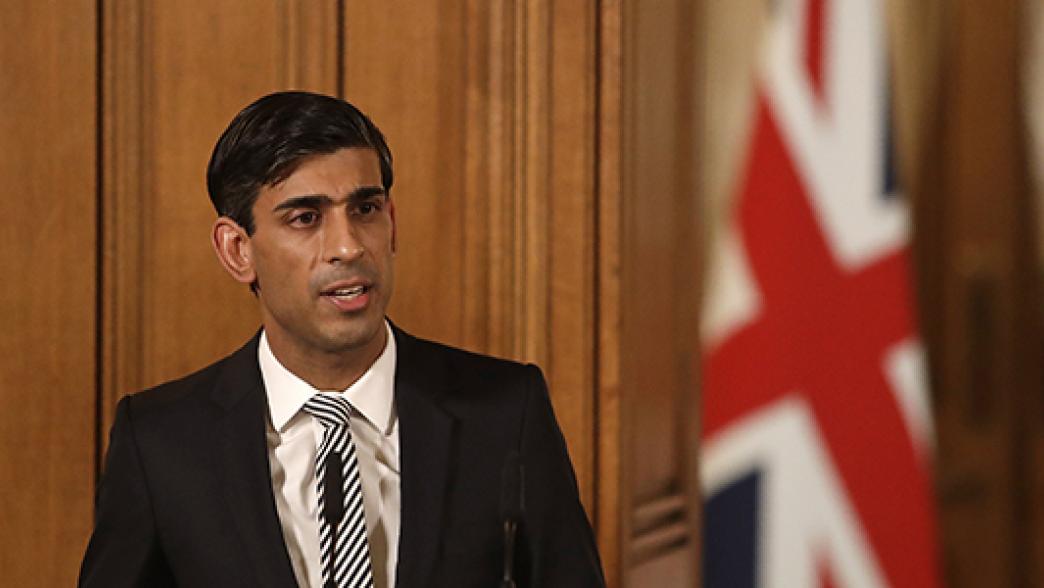Coronavirus and unemployment: a five nation comparison
To cushion the blow of the pandemic, governments have pumped large amounts of money into labour market policies.

To cushion the blow of the pandemic, governments have pumped large amounts of money into labour market policies.

Why the centre of government has failed successive prime ministers – and seven recommendations for radical reform.
The Treasury wields too much influence across government and dominates strategic thinking at the centre.
Former deputy prime minister, health secretary and environment secretary Thérèse Coffey joined us to reflect on her nine years as government minister.
The Expert Factor team take a deep dive into the last 365 days after 12 months packed with political drama and intrigue.